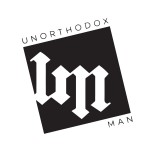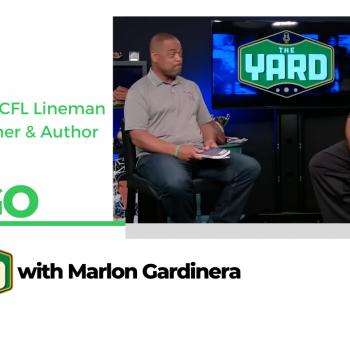
Whether we like it or not, we can’t get away from dogma. Everyone has a creed or a basic way of summarizing what it is the Bible teaches about God or the person and work of Jesus Christ. So the question is whether our beliefs and assumptions are faithful and accurate reflections of the Christian faith, or something altogether different.
We are continuing our series on the importance of creeds and confessions in the contemporary church. On this program the hosts will discuss how the ancient creeds help us to determine when alternative expressions of Christianity end up proclaiming a different Jesus and a different gospel. Join us for this edition of the White Horse Inn.
Host Quote:
“As we’ve seen, starting this series on the importance of creeds of and confessions, whether we like it or not, we can’t get away from dogma. Everyone has a creed, a set of beliefs and doctrines. Even a person who says ‘no creed but Christ’ still has a basic way of thinking about the faith that corrects the way that person approaches the Bible and the Christian life. Even if they say, ‘I’ve accepted Jesus into my heart and made him Lord of my life,’ that is a sort of personal creed. The question is whether our basic assumptions about God or Jesus or the nature of our salvation are accurate summaries of the Bible’s teaching or not. So, what is orthodoxy and how does it relate to heresy? How do we define these guardrails and where did the guardrails come from?”– Michael Horton
Term to Learn:
“Historical Formation of Dogmas”
Christianity rests on historical facts which come to our knowledge through a revelation given and completed more than nineteen centuries ago. And the correct interpretation and understanding of these facts can only result from the continual prayers and meditation, from the study and struggles, of the Church of all ages. No one Christian can ever hope to succeed in assimilating and reproducing properly the whole content of the divine revelation, neither is one generation ever able to accomplish the task. The formation of dogmas is the task of the Church of all ages, a task which requires great spiritual energy on the part of successive generations. And history teaches us that, in spite of differences of opinion and protracted struggles, and even in spite of temporary retrogressions, the Church’s insight into the truth gradually gained in clarity and profundity. One truth after another became the center of attention and was brought to ever greater development. And the historical Creeds of the Churches now embody in concentrated form the best results of the reflection and study of past centuries. It is at once the duty and the privilege of the Church of our day to enter into that heritage of bygone years, and to continue to build on the foundation that was laid. (Louis Berkhof, Systematic Theology, p. 32)
(This podcast is by White Horse Inn. Discovered by Christian Podcast Central and our community — copyright is owned by the publisher, not Christian Podcast Central, and audio is streamed directly from their servers.)

















